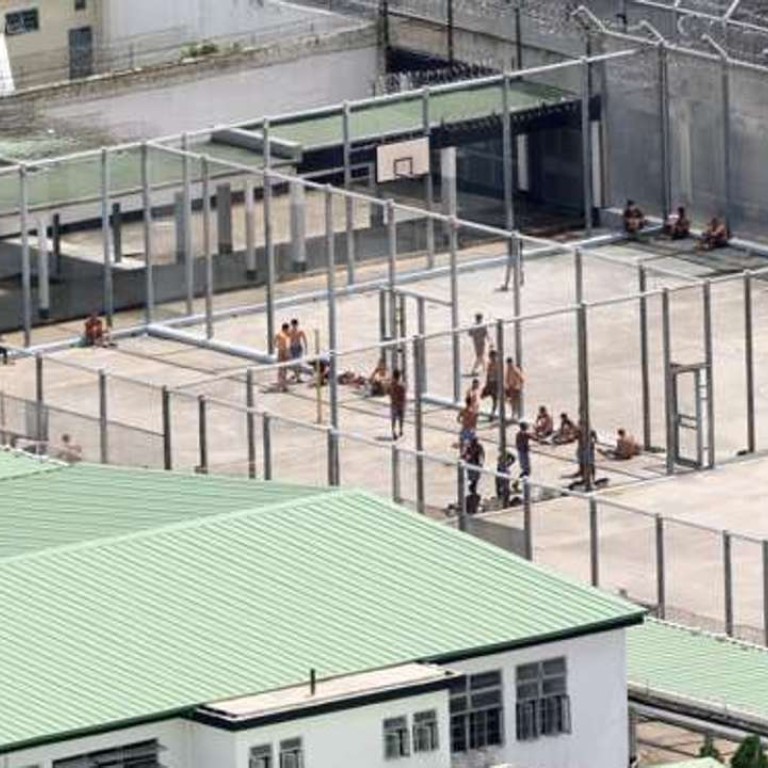
The treatment of prisoners on indeterminate sentences needs to be reviewed
While public protection must remain the priority, ways must be found for those held with no set release date to have a chance at rehabilitation
Criminals convicted of serious crimes must expect to serve long prison sentences. This simple truth is not only a case of justice being done. It serves as a deterrent to others and helps ensure Hong Kong remains one of the safest cities in the world. But that does not mean all prisoners serving long sentences should be left without hope of one day being released and returning to society. Indeed, they should be encouraged to work towards such rehabilitation.
Last year, 284 people were serving indeterminate sentences in Hong Kong jails. These are prison terms with no set release date and they leave little light at the end of the tunnel.
Such sentences can be turned into fixed ones, giving the prisoner concerned a release date, on the recommendation of the Long Term Prison Sentences Review Board. The board is headed by a judge and made up of experts in various relevant fields.
But only a relatively small proportion of sentences reviewed by the board are commuted to fixed terms. Last year, this applied to only 14 out of 107 reviewed.The board also has the power to reduce long determinate sentences. Last year it reviewed 520 sentences but did not reduce a single one. Such statistics have led to concerns that the board takes too conservative a view, leaving long-term prisoners with little hope.
The priority must be protecting public safety. But it must also be recognised that people can change over time and that it is in the public interest for prisoners to be released if they can be safely rehabilitated. Giving prisoners a fixed release date is an important part of that process. Prisoners should also feel that they are receiving a fair hearing when their sentences are reviewed. Unlike in other parts of the world, they are not permitted to appear before the board in person, or to be represented by lawyers. Providing such procedures in cases where there is a likelihood of success would be a sensible step forward. Serious crimes require tough sentences. But prisoners should not be left to languish in jail indefinitely unless they pose a threat to public safety.

